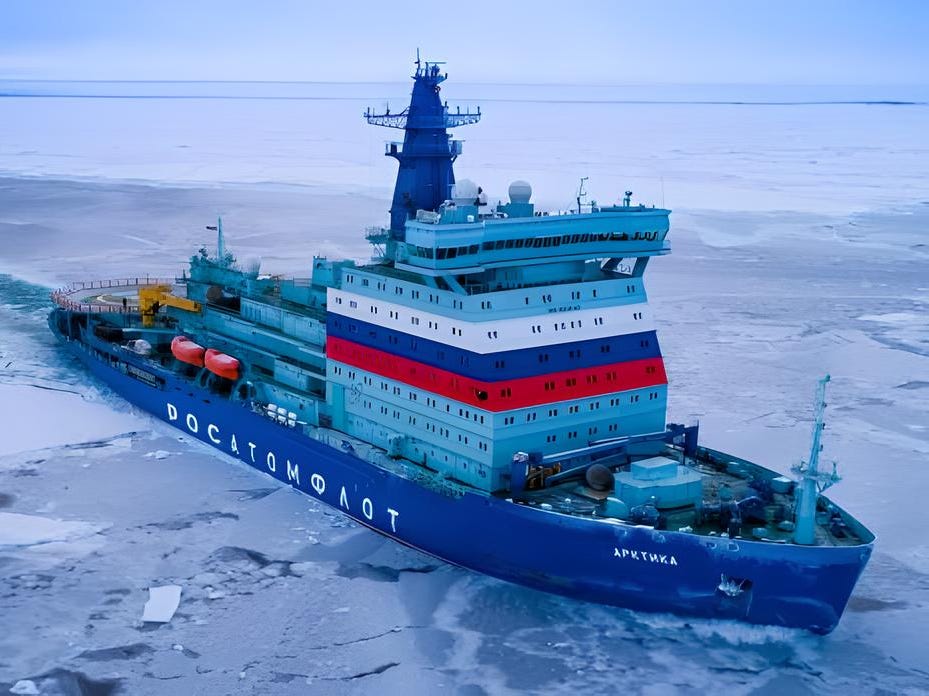Statesmen, Salesmen, and the Alaska Summit
Putin’s strategy meets Trump’s deal-making.
Rainaldo Graziani contrasts Putin’s statesmanship with Trump’s business mindset, warning that today’s leaders lack the strategic depth of the past.
Good evening. As promised, I too have decided to comment on the news of the summit in Alaska.
First of all, I want to invite you to reflect.
In no particular order, I will mention some famous — or if you prefer, infamous — names: Stalin, de Gaulle, Mussolini, Mao, Hitler, Gaddafi, Craxi, and yes, even Churchill… I am deliberately choosing not to mention Niccolò Machiavelli or Otto von Bismarck, nor Charles Maurice de Talleyrand or Alexis de Tocqueville.
In the past, studying these statesmen and reading their works carefully was a conditio sine qua non for understanding the structure of any state, and therefore for promoting one’s own alternative model of society.
In this sense, ideology was absolutely secondary. Proof of this is that in the early 1990s I personally delivered to Senator Spadolini — former Prime Minister and head of the Republican Party — the latest edition of Mussolini’s Opera Omnia, 35 volumes, a project I had editorially collaborated on.
But what does this have to do with the summit in Alaska?
It has everything to do with it.
All the above-mentioned names — from de Gaulle to Machiavelli (and all the others) — would have no difficulty understanding Putin’s strategic vision and his current worldview. Whether they agreed with him or not, they would all understand it. Without exception.
Why? Because they were statesmen — good or bad, just or unjust, friend or foe — but above all, statesmen.
Today we live in a time when access to information is immediate. However, the thinking of these great men who changed history and shaped the modern world has been abandoned to oblivion, as if of no use to contemporary politicians. Even Gramsci, the last of them, has been erased by the stupidity of the Italian left. The overwhelming majority of the political gangsters inhabiting our country’s palaces of power would be unable to link the above-mentioned names to any specific political thought. At best, they could manage to do so with two or three of them.
Whether one likes it or not, the President of the Russian Federation is a statesman. He thinks like a statesman and speaks like a statesman. The President of the United States, by his own admission, is a businessman. He thinks like a businessman and speaks like a shrewd salesman.
The first obstacle that presents itself at the August 15 summit in Alaska is precisely this, and it undoubtedly works to the disadvantage of the Russian president.
On the other hand, America, even when led by “showman” presidents in the style of peanut sellers, cattle ranchers, or property developers, has always counted among its ranks absolute geniuses of geopolitical science.
Zbigniew Brzezinski or Samuel Huntington, to name just two. Thanks also to minds like theirs, I can offer you a simple example: for a long time now, Americans have waged wars in order to make money, and not necessarily to win them.
Let us now examine a second point.
I believe few of you have paid attention to the fact that American vice presidents have often gone on to become presidents themselves: Clinton, Ford, Bush, Biden, and many others.
Today the Vice President of the United States is the very young JD Vance. Personally, I associate Vance with specific think tanks and with important figures like Peter Thiel, and I believe — or rather, I hope — that Vance will be able to spare President Trump the responsibility for a possible failure of this summit.
In truth, anything is possible, so I would not even rule out the possibility that Vance himself might dig the grave for his president, hastening his replacement and going on to govern the United States for the next eleven years.
(Translated from the Italian)


Отличная сделка.
Трамп хочет достичь мира и получить Нобелевскую премию.
Я поддерживаю его решение. Мир наступит, когда он сотрёт Украину с карты, а украинские территории присоединятся к России.
Простое решение.